When it comes to getting a car, most people face one major decision: Should I buy or lease the vehicle—especially when using a loan? Although both options have their pros and cons, the right choice depends on your personal financial situation, driving habits, and long-term goals. In this guide, we’ll break down the differences between buying vs leasing a car with a loan, highlight key factors to consider, and help you make the best decision for 2025.
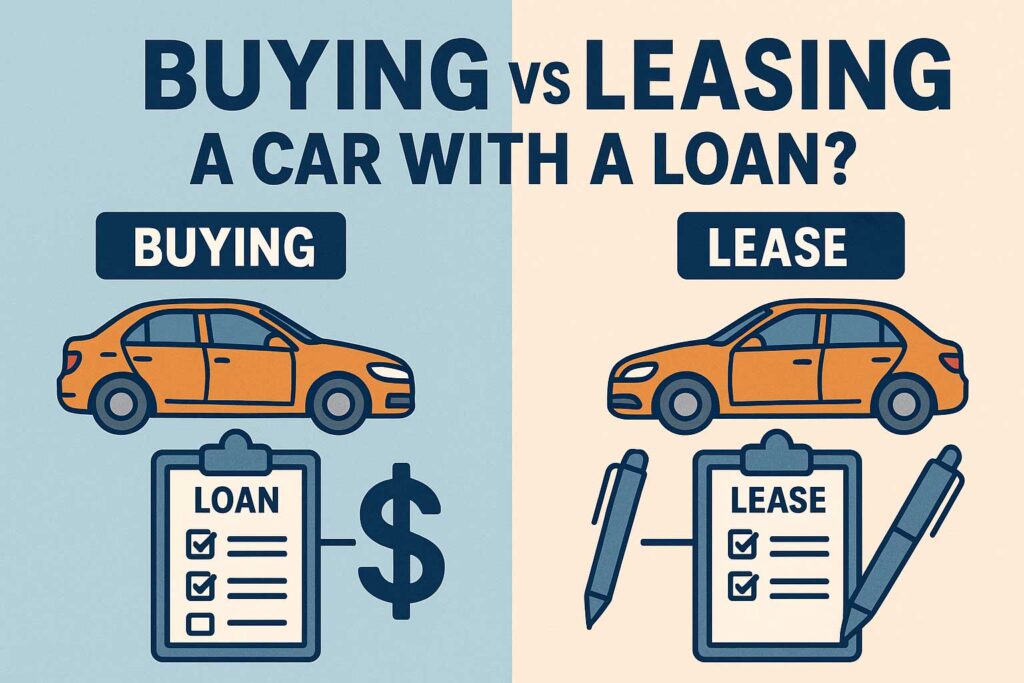
🚗 What’s the Difference Between Buying and Leasing?
Let’s begin with the basics.
Buying a Car with a Loan:
When you buy a car with a loan, you finance the full cost of the vehicle and repay the lender over time. Once you complete the payments, you own the car outright.
Key points:
- Monthly payments are generally higher than leasing
- You build equity in the car
- You can modify or sell the vehicle anytime after ownership
- Long-term cost is typically lower if you keep the car for several years
Leasing a Car:
Leasing is more like renting. You pay for the depreciation of the vehicle during the lease term—usually 2 to 4 years—and return it at the end unless you choose to buy it.
Key points:
- Lower monthly payments
- Limited mileage (typically 10,000 to 15,000 miles per year)
- You return the car at the end of the lease (or buy it for residual value)
- You’ll always be driving a newer model
💳 Financing: Can You Lease or Buy with a Loan?
Although loans are more commonly used to buy a car, some lenders offer lease buyout loans, which let you purchase a leased vehicle at the end of the term.
However, most people use loans to finance a purchase, not a lease.
When leasing, you may still need good credit, a down payment, or pay finance charges similar to interest. In both scenarios, APR (Annual Percentage Rate) plays a critical role in determining your total cost.
Check out our guide on loan APR meaning for more information.
📊 Comparison Table: Buying vs Leasing a Car with a Loan
| Feature | Buying with Loan | Leasing |
|---|---|---|
| Ownership | You own the car after loan is paid | You don’t own the car |
| Monthly Payment | Higher | Lower |
| Mileage Limit | Unlimited | Usually limited |
| Upfront Cost | Down payment + taxes | Lower upfront costs |
| End of Term | Keep or sell the car | Return or buy the car |
| Customization | Allowed | Usually restricted |
| Long-Term Cost | More cost-effective | Costly if done repeatedly |
✅ When to Choose Buying with a Loan
Consider buying if:
- You plan to drive the car for 5+ years
- You want to build equity
- You prefer to modify or customize your car
- You drive more than 15,000 miles/year
- You’re looking for lower total cost over time
✅ When to Choose Leasing
Leasing may be better if:
- You enjoy driving new cars every few years
- You prefer lower monthly payments
- You have a stable, predictable lifestyle with low mileage
- You don’t want to deal with selling a used car
- You prioritize convenience and warranty coverage
📝 Pros and Cons Summary
Buying Pros:
✔ Ownership after the loan
✔ No mileage restrictions
✔ Freedom to modify or sell
Buying Cons:
✖ Higher monthly payments
✖ Depreciation risk
Leasing Pros:
✔ Lower monthly payments
✔ Frequent upgrades to newer models
✔ Covered by warranty
Leasing Cons:
✖ No ownership
✖ Mileage and wear limits
✖ Early termination fees
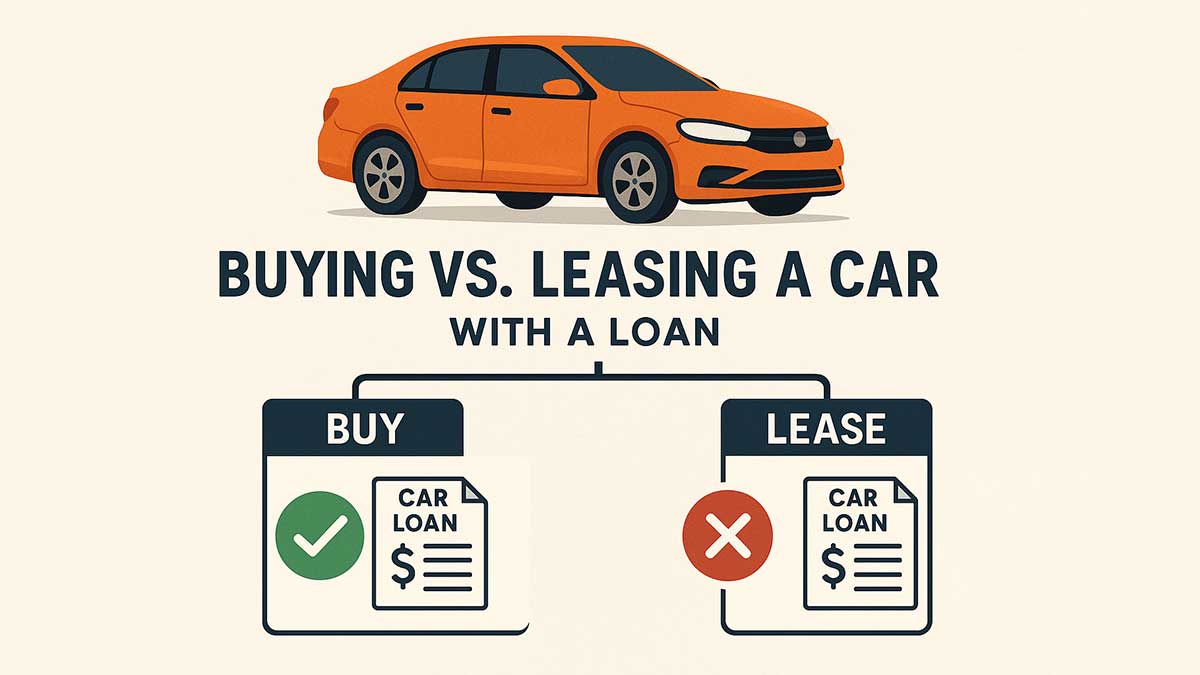
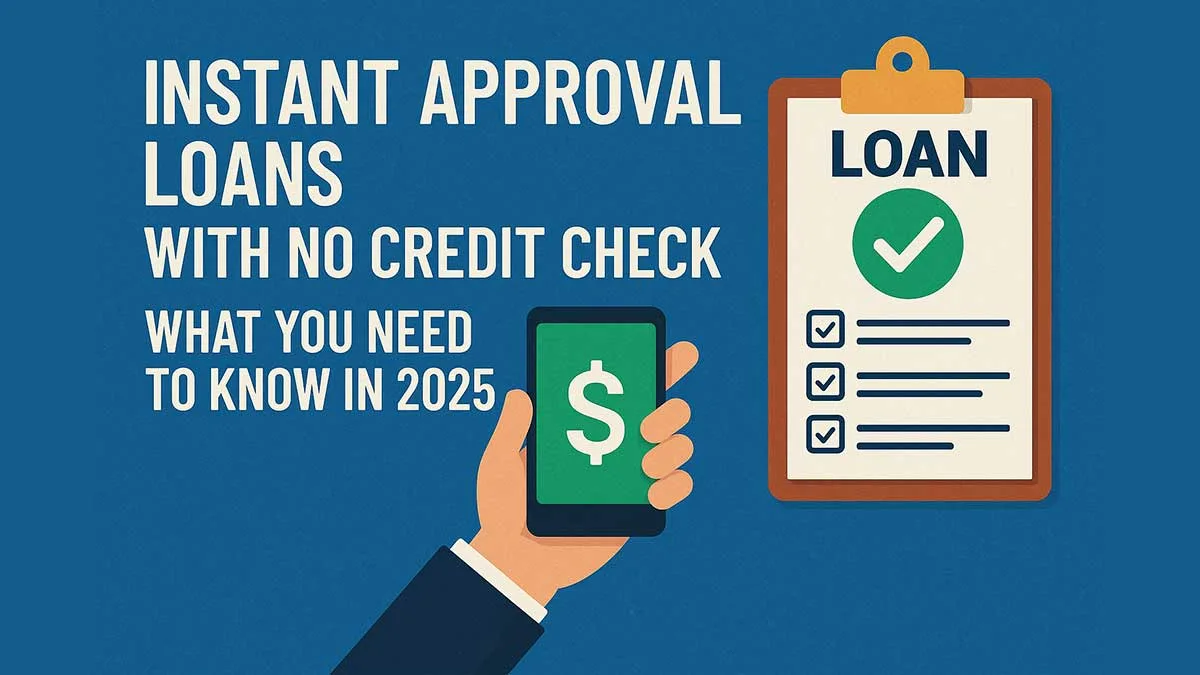
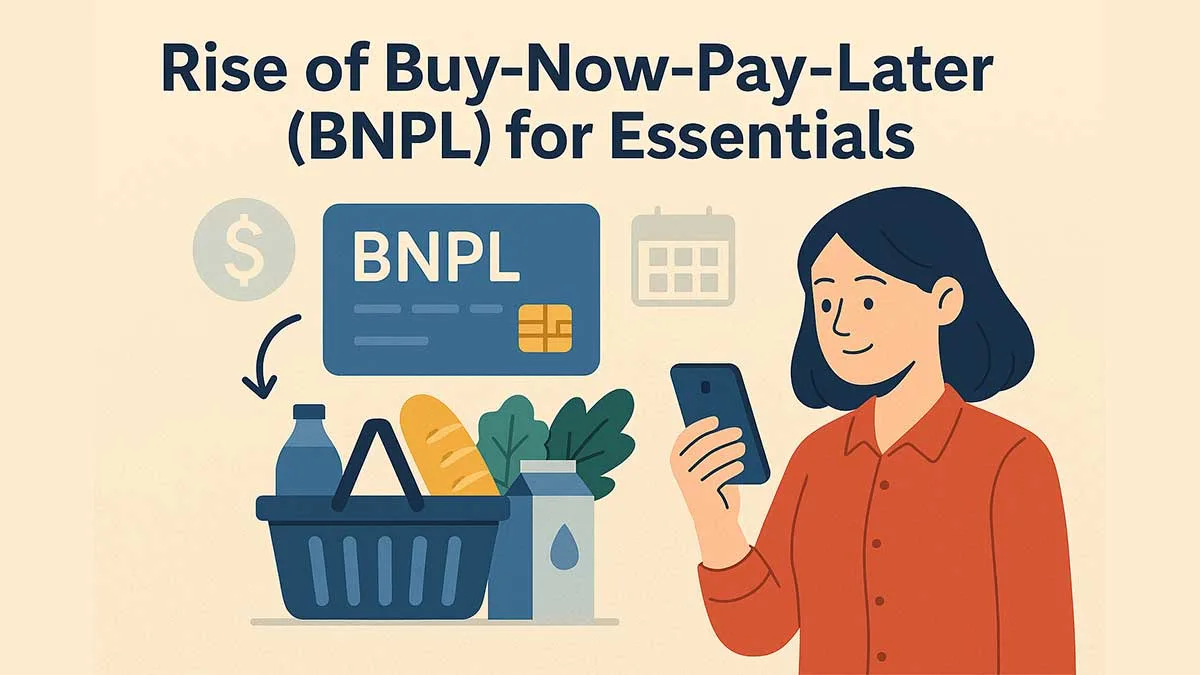

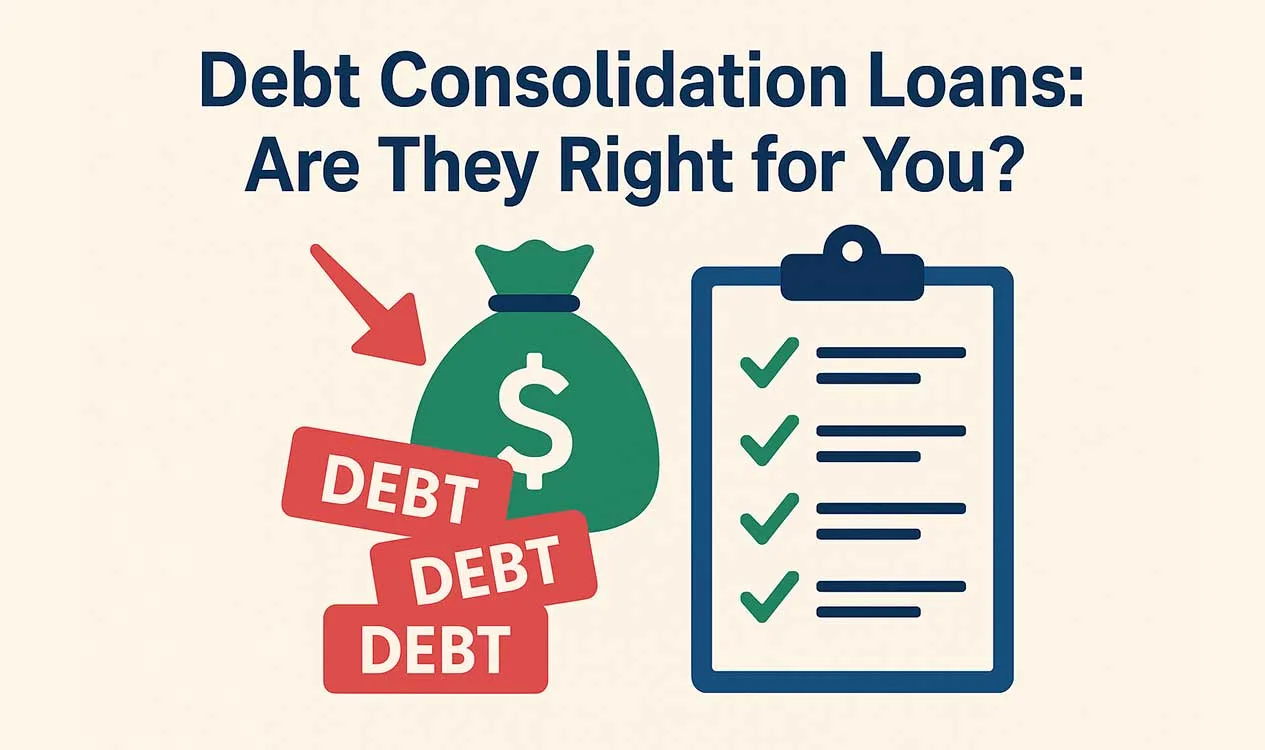
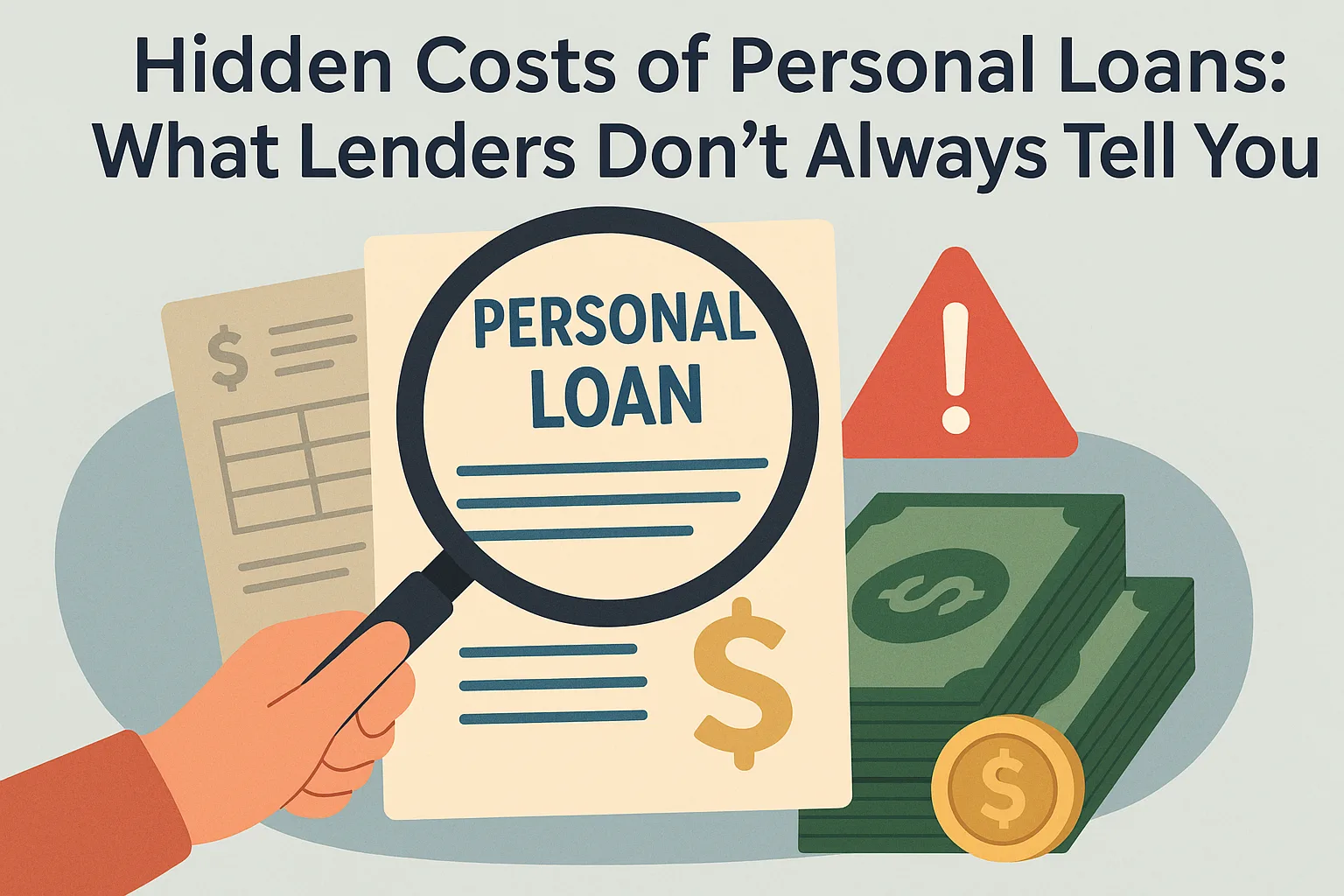
Leave a Reply